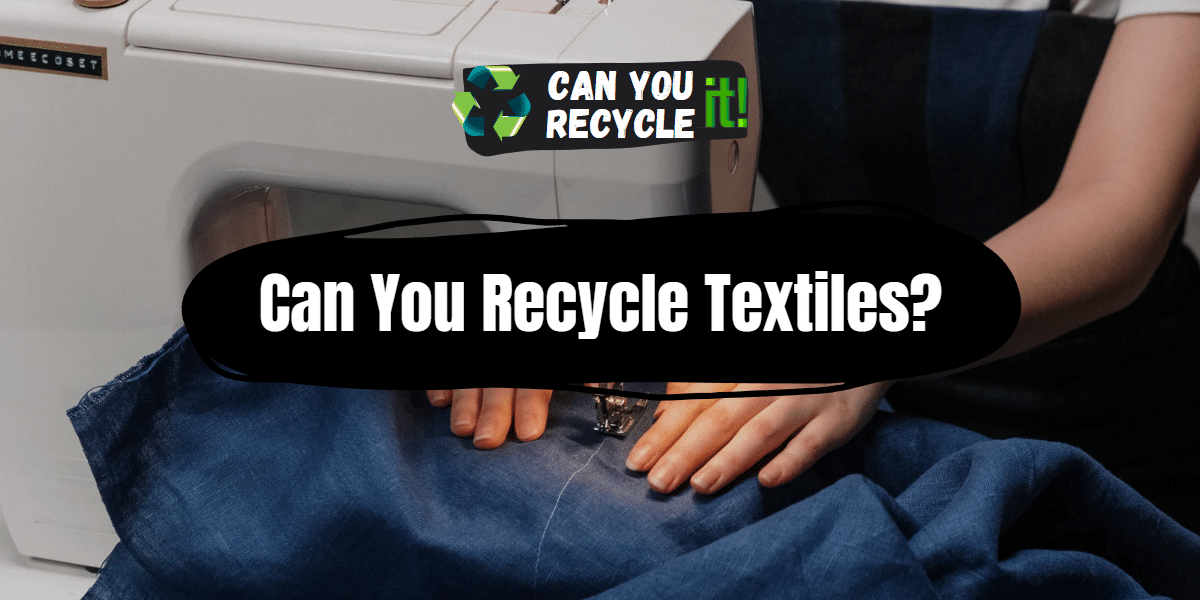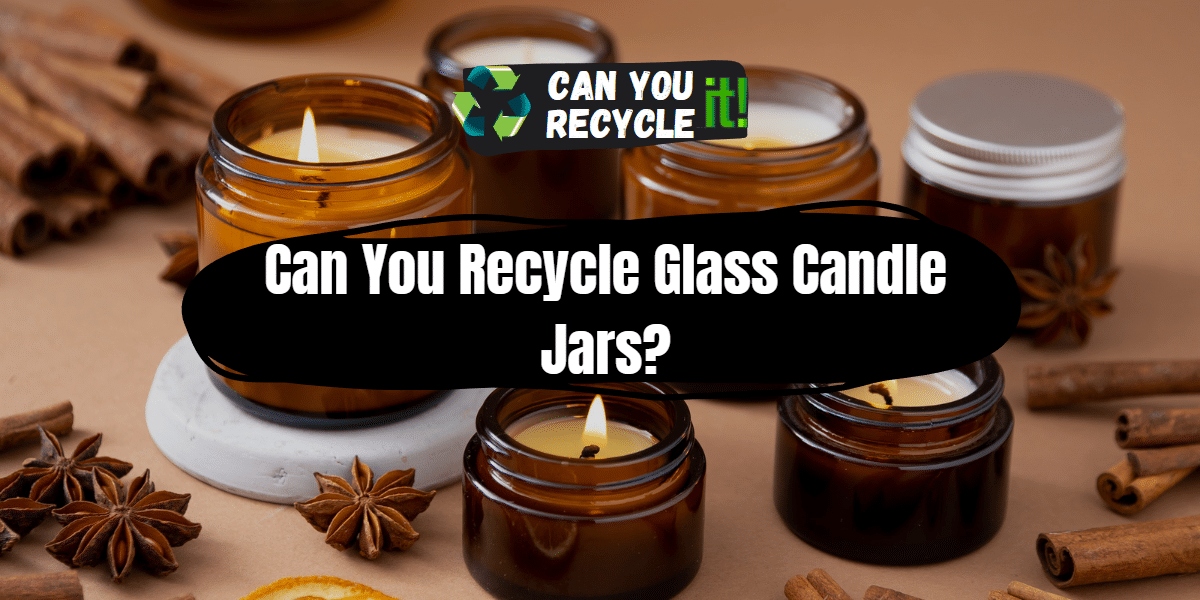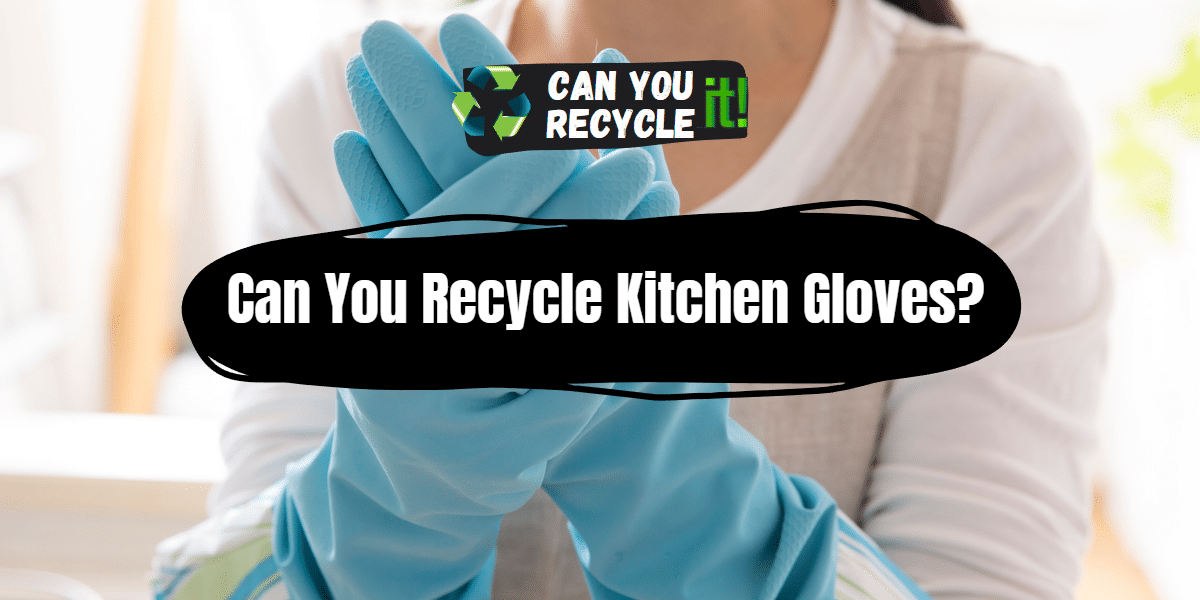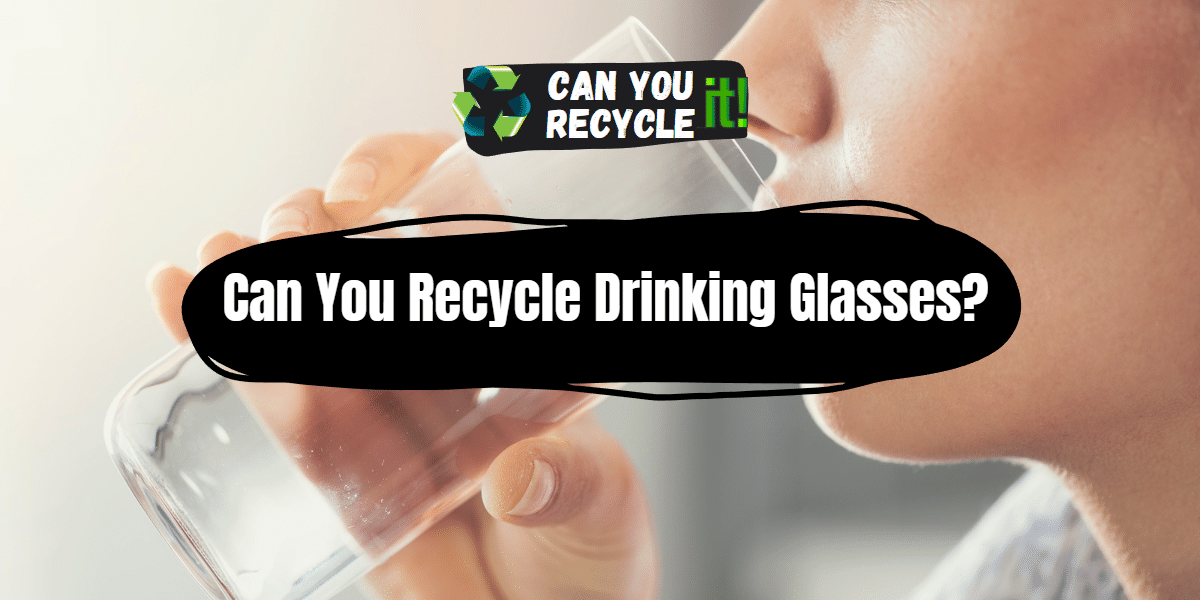Yes. Textile recycling offers a sustainable solution for handling unwanted clothing, fabrics, and other textile products. However, it’s essential to understand the proper procedures and guidelines to ensure effective and environmentally friendly recycling practices.
Regarding sustainable living, recycling is crucial in reducing waste and preserving our environment. While most of us know recycling practices for common materials like paper, plastic, and glass, the question of whether textiles can be recycled often arises.
In this article, we will delve into the world of textile recycling, exploring its dos and don’ts, providing a step-by-step guide, discussing alternative options for non-recyclable textiles, examining the environmental impact of textile recycling, addressing frequently asked questions, and sharing final thoughts on this critical subject.
Table of Contents
Do’s and Don’ts
To maximize the benefits of textile recycling, following a few dos and don’ts is crucial. Here are some guidelines to keep in mind:
Dos
- Different textiles for recycling: Keep separate bags or containers for those in good condition, worn out, or damaged.
- Donate or reuse wearable textiles: If your textiles are still in good shape, consider donating them to charities or second-hand stores to give them a new lease on life.
- Research recycling options in your area: Find local recycling facilities or organizations that accept textiles for recycling and familiarize yourself with their guidelines and requirements.
Don’ts
- Don’t: Toss textiles in regular trash: Avoid throwing textiles in regular trash as they can take up valuable space in landfills and contribute to environmental pollution.
- Don’t: Recycle heavily soiled or contaminated textiles: Textiles contaminated with oil, chemicals, or hazardous substances should not be recycled as they can pose a risk to the recycling process.
5-Step Guide to Recycle Textiles
Follow these five simple steps to recycle textiles effectively:
Step 1
Collection: Gather unwanted textiles, including clothing, linens, curtains, towels, and other fabric-based products.
Step 2
Sorting: Sort the textiles based on their condition. Different wearable textiles can be reused or donated from those no longer suitable for wear.
Step 3
Recycling Preparation: Prepare the textiles for recycling by removing buttons, zippers, and other non-fabric elements. Cut the textiles into manageable pieces, ensuring they are clean and dry.
Step 4
Find Recycling Options: Research local textile recycling facilities or programs in your area. Check if they accept drop-offs or provide collection services.
Step 5
Recycling Process: Follow the guidelines provided by the recycling facility. Some may require bagging the textiles separately or following specific instructions for drop-off. Once collected, the textiles will be sorted, processed, and transformed into new products or materials.
By following these steps, you can contribute to recycling efforts and reduce the environmental impact of plastic mailing bags.
What to Do with Textiles That Cannot Be Recycled
While most textiles can be recycled, some may not meet the requirements due to their composition or condition. Here are alternative options for textiles that cannot be recycled:
- Reuse: Repurpose old textiles for craft projects and household cleaning or as rags for cleaning and dusting.
- Donate: Consider donating gently used textiles to local charities, shelters, or thrift stores that accept non-recyclable textiles.
- Composting: Some natural textiles, such as cotton or linen, can be composted if they are completely natural, free of dyes or finishes, and cut into small pieces for faster decomposition.
Environmental Impact of Recycling Textiles
Textile recycling offers several environmental benefits, including:
- Waste Reduction: By recycling textiles, we reduce the amount of waste sent to landfills, minimizing the environmental burden and conserving valuable landfill space.
- Energy and Resource Conservation: Recycling textiles requires less energy and resources compared to producing new textiles from raw materials, reducing water consumption, greenhouse gas emissions, and the need for additional resources like cotton or polyester.
- Reduced Pollution: Textile recycling helps mitigate pollution associated with textile manufacturing, such as chemical waste and water pollution from dyeing processes.
FAQs for Can You Recycle Textiles
Can all textiles be recycled?
While many textiles can be recycled, certain types, such as heavily soiled or chemically treated fabrics, may not be suitable for recycling.
Where can I recycle textiles?
Look for local recycling facilities, drop-off locations, or organizations that accept textiles for recycling. Some municipalities also offer curbside collection programs.
Can torn or damaged textiles be recycled?
Yes, torn or damaged textiles can still be recycled, but it’s essential to ensure they are clean and free from hazardous substances.
Conclusion and final thoughts 💭
Textile recycling plays a vital role in minimizing waste and reducing the textile industry’s environmental impact. By following proper guidelines, sorting textiles, and finding local recycling options, we can contribute to a more sustainable future. Remember, reusing and donating textiles are excellent alternatives for extending their lifespan. Let’s make conscious choices and embrace textile recycling as a part of our everyday lives, helping protect our planet for future generations.





Leave a Reply